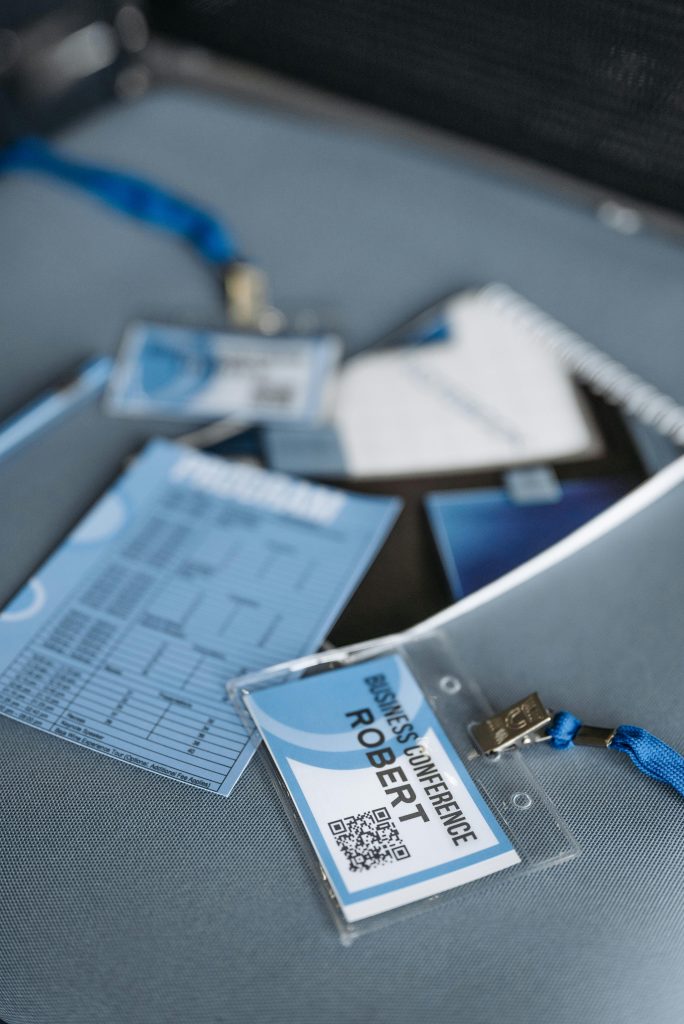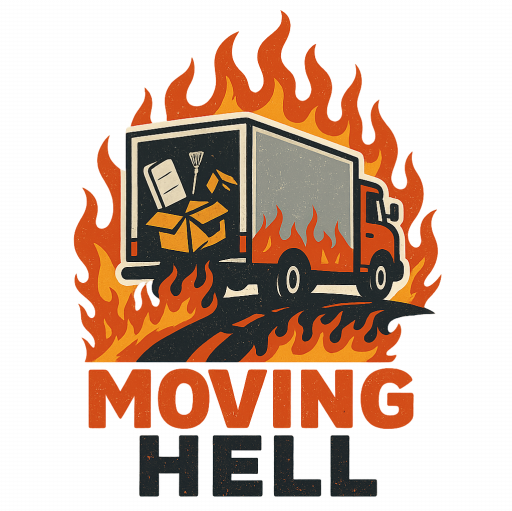Fake Credentials & Unlicensed Movers 🧐

They show up with shiny shirts, a nice logo, and a truck that says “Licensed & Insured.” You think: “Looks legit!” But looks can deceive—because anyone with a printer and a van can look professional for a day.
Welcome to the shady world of fake credentials and unlicensed movers, where scammers act like pros, but leave you with broken furniture, hidden fees, or missing belongings.
🎭 What Are Fake or Unlicensed Movers?
These are individuals or companies pretending to be certified movers—but they lack the legal licenses, insurance, and professional standards required by state or federal law. In most U.S. interstate moves, a company must be registered with the U.S. Department of Transportation (USDOT) and carry active insurance coverage.
But scammers fake these credentials or operate “under the radar.” They may:
- Use another company’s USDOT number
- Falsify insurance or license documents
- Claim “state approval” with no verifiable ID
- Show no license at all, relying on charm or low prices
📉 Real-World Scenarios
“We booked a mover who emailed a certificate and insurance proof. Turns out, the license number belonged to a legit company in another state. We only found out *after* our stuff disappeared.” — BBB Complaint, 2024
“Their website had a fake FMCSA logo. I checked and couldn’t find them listed anywhere. Glad I backed out before paying a deposit.” — Reddit user, r/moving
⚠️ The Risks of Hiring Unlicensed Movers
- No insurance coverage: If they break your TV, too bad. You’re not protected.
- No liability rules: You can’t legally claim compensation if items go missing.
- No background checks: You could be trusting total strangers with criminal records.
- No legal recourse: If they vanish with your stuff, police may call it a “civil matter.”
🤣 Funny Comparison: The Moving “Doctor”
Imagine visiting a doctor who wears a white coat, says he’s certified, and offers surgery for $50. Tempting, right? But you discover later he got his “degree” from the Internet… and your appendix is now in your sock drawer. That’s hiring an unlicensed mover—sounds cheap, ends up expensive.
🔍 How to Verify Movers Are Licensed
- Check their USDOT number at FMCSA’s Mover Search Tool.
- Verify state licenses if it’s a local move — your state’s Department of Transportation usually offers this.
- Ask for a copy of insurance and registration — and cross-check it yourself.
- Google their name + “scam” or “complaint” — you’ll be shocked what turns up.
- Call their office and ask questions: “Are your workers W-2 or subcontractors?”, “What’s your liability policy?”, “Is this your real address?”
✅ Red Flags to Watch Out For
- No physical address listed
- Phone numbers that don’t match the business name
- Only accept cash or Venmo (no credit cards)
- Can’t provide DOT/MC numbers or won’t let you verify them
- Pressure you to book immediately “before prices go up”
💼 Why Real Licensing Matters
A legitimate mover:
- Is licensed by the FMCSA (for interstate moves)
- Offers binding or not-to-exceed estimates in writing
- Carries cargo insurance and liability coverage
- Has reviews across multiple platforms
- Is transparent with fees, inventory, and schedules
Anything less is risky business — no matter how friendly they sound on the phone.
📞 Report Unlicensed Movers
If you suspect someone’s operating without a license or using fake credentials, report them to:
- FMCSA National Consumer Complaint Database
- Better Business Bureau
- Your state’s Department of Transportation
📦 Final Word: Don’t Just Trust the Truck
A logo doesn’t equal legitimacy. A license number doesn’t mean it’s real unless you verify it. The burden of proof is on *you*, the customer, to vet your mover before trusting them with your entire life in boxes.
Because the only thing worse than a lost couch is realizing it’s sitting in someone’s unmarked warehouse — and they were never licensed to begin with. 😬
Helpful? Share this with a friend or family member planning a move — and let’s expose shady movers together! 💪📦

Leave a Reply